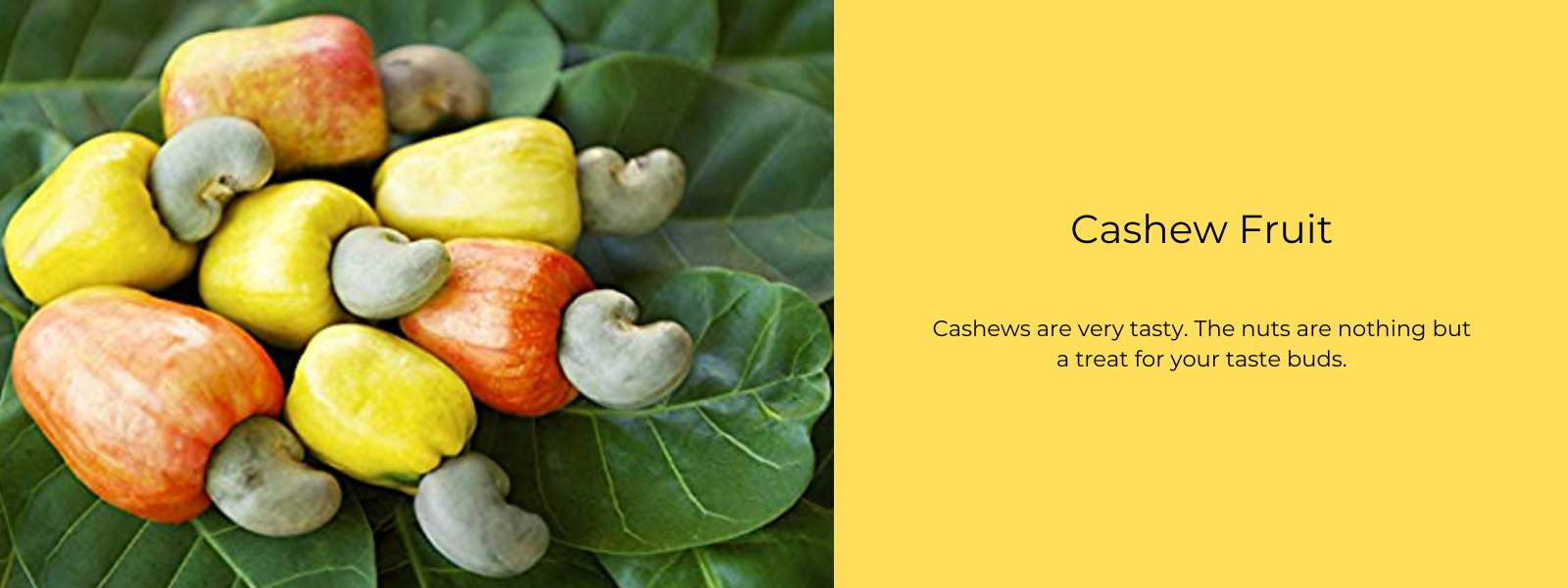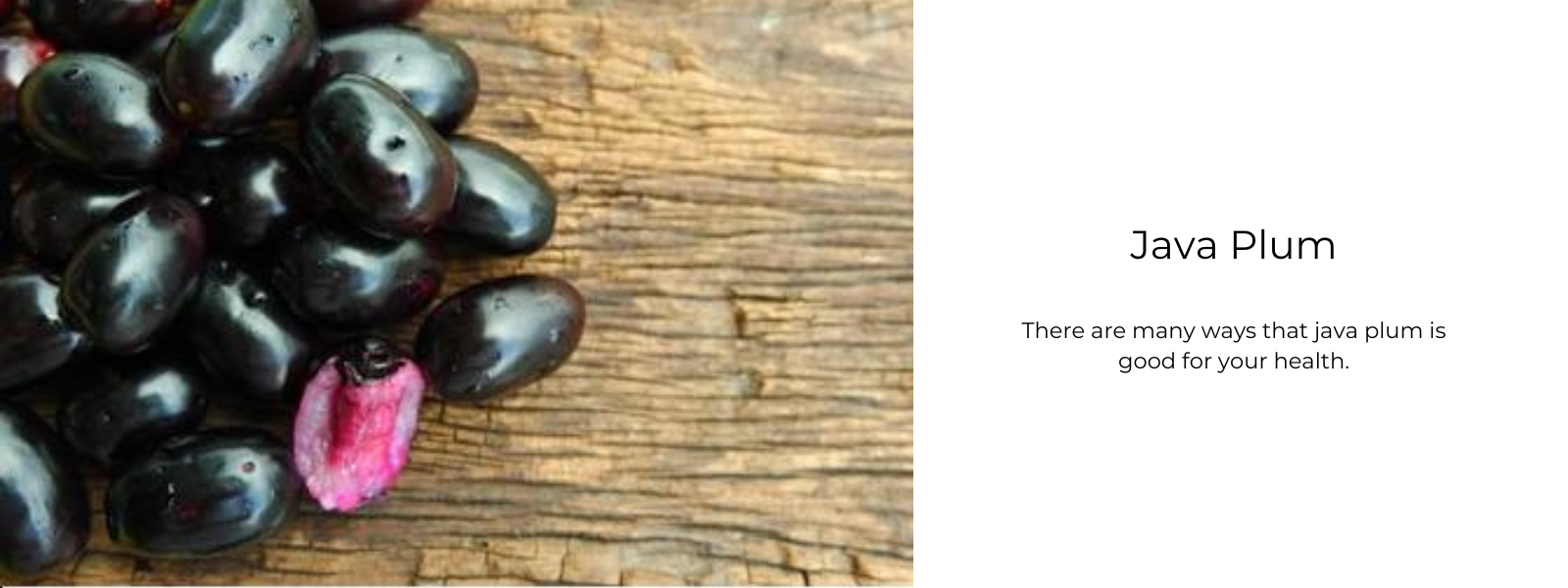Basil is more than just a flavorful herb used in cooking; it’s also a powerful natural nootropic that can enhance mental clarity and focus. Nootropics, often called “smart drugs” or cognitive enhancers, are substances that boost brain performance. Unlike synthetic nootropics, natural options like basil offer cognitive benefits without harmful side effects. Used in traditional medicine for centuries, basil, particularly Holy Basil or Tulsi, is known to support brain health and improve focus, concentration, and overall mental function.
In this article, we'll explore how basil works as a natural nootropic, its cognitive benefits, and how to incorporate it into your daily routine for improved mental focus.
Table of Contents
Introduction to Basil as a Nootropic
Basil, particularly Ocimum sanctum (commonly known as Holy Basil or Tulsi), has been used for thousands of years in Ayurvedic and traditional medicine for its therapeutic properties. While sweet basil, often used in cooking, also has benefits, Holy Basil is especially revered for its adaptogenic properties, which help the body adapt to stress and enhance mental clarity.
The active compounds in basil, including eugenol, ursolic acid, and rosmarinic acid, have anti-inflammatory, antioxidant, and neuroprotective effects that are essential for supporting cognitive function.
Key Cognitive Benefits of Basil
- Enhances Mental Focus and Concentration
Basil is known for its ability to improve mental focus by calming the mind and reducing distractions. Its adaptogenic properties help the body cope with stress, a major contributor to mental fog and lack of focus. By lowering cortisol levels (the stress hormone), basil allows the brain to function more efficiently, improving concentration and attention span.
- How it works: Holy Basil’s adaptogens help modulate the body’s response to stress, which allows the brain to stay focused and calm even in high-pressure situations. Basil also increases blood flow to the brain, which enhances concentration and cognitive performance.
- Reduces Anxiety and Mental Fatigue
Chronic stress and anxiety can cloud judgment and hamper mental focus. Basil has a calming effect on the nervous system, which helps reduce anxiety and mental fatigue. Studies have shown that regular consumption of Holy Basil can lower anxiety levels by balancing neurotransmitters like serotonin and dopamine, which play crucial roles in mood and cognition.
- How it works: Holy Basil acts as a natural anxiolytic, helping to balance mood and reduce feelings of mental exhaustion. This, in turn, allows the brain to function at its best without the distractions of stress or anxiety.
- Improves Memory and Learning
Research has shown that basil enhances cognitive abilities, including memory and learning. Its antioxidants protect brain cells from oxidative stress, which can impair memory formation and retention. Holy Basil’s neuroprotective properties help support long-term brain health, making it beneficial for students, professionals, and older adults who want to maintain cognitive sharpness.
- How it works: The antioxidant-rich compounds in basil, particularly rosmarinic acid and eugenol, help prevent cellular damage in the brain, thereby improving memory and learning abilities.
- Increases Brain Oxygenation
Basil has been found to improve cerebral circulation, ensuring that the brain receives sufficient oxygen and nutrients to function optimally. Increased oxygenation of the brain enhances mental clarity, sharpens focus, and prevents mental fatigue. This is particularly useful for tasks that require sustained concentration.
- How it works: The eugenol in basil helps increase blood flow to the brain, which enhances oxygenation and nutrient delivery, improving overall cognitive performance.
- Antioxidant and Neuroprotective Effects
Basil contains powerful antioxidants like rosmarinic acid and flavonoids that protect the brain from oxidative stress and free radical damage. This not only helps improve short-term cognitive performance but also provides long-term protection against neurodegenerative diseases like Alzheimer's and Parkinson’s.
- How it works: Basil’s antioxidants neutralize free radicals in the brain, preventing cellular damage that can impair cognitive function and contribute to age-related cognitive decline.
Scientific Studies on Basil’s Cognitive Benefits
-
Memory and Learning:
A study published in the Journal of Ayurveda and Integrative Medicine found that Holy Basil improved memory retention in animal models. The study suggested that basil's neuroprotective effects and antioxidant properties were key factors in its ability to enhance cognitive function. -
Stress Reduction and Focus:
Another study published in the Journal of Ethnopharmacology showed that participants who consumed Holy Basil regularly reported lower levels of stress and mental fatigue. The study also noted improvements in concentration and focus, likely due to the herb’s adaptogenic properties. -
Neuroprotection:
Research published in Phytomedicine demonstrated that basil’s rosmarinic acid protects neurons from oxidative damage, which is crucial for maintaining long-term brain health and preventing cognitive decline.
How Basil Supports Brain Health
- Adaptogenic properties: Basil helps the body adapt to stress, reducing cortisol levels and supporting mental focus during high-stress situations.
- Neurotransmitter balance: Basil helps regulate serotonin and dopamine levels, both of which are important for mood stability and cognitive performance.
- Antioxidant action: The antioxidants in basil protect brain cells from damage, improving memory and focus while reducing the risk of neurodegenerative diseases.
- Enhanced circulation: Basil improves blood flow to the brain, increasing oxygen and nutrient delivery for optimal cognitive function. Enhanced circulation: Basil improves blood flow to the brain, increasing oxygen and nutrient delivery for optimal cognitive function.
How to Incorporate Basil into Your Daily Routine
There are many ways to enjoy basil’s cognitive benefits. Here are a few ideas:
- Basil Tea
Basil tea is one of the simplest ways to incorporate Holy Basil into your daily routine. Steep fresh or dried basil leaves in hot water for 5–10 minutes, strain, and enjoy. Drinking basil tea regularly can help improve focus, reduce anxiety, and promote mental clarity.
- Basil Smoothies
Add fresh basil leaves to your morning smoothie for a refreshing, brain-boosting drink. Basil pairs well with fruits like mango, pineapple, and berries, creating a flavorful and nutritious blend that supports mental focus.
- Pesto Sauce
Make a basil pesto sauce by blending fresh basil with garlic, olive oil, pine nuts, and Parmesan cheese. Use it as a topping for pasta, sandwiches, or salads. This is a delicious way to incorporate more basil into your meals while reaping its cognitive benefits.
- Basil Supplements
If you prefer a more concentrated form of basil, supplements are available in capsule or tincture form. Look for Holy Basil extracts that contain ursolic acid and eugenol, as these compounds are responsible for many of basil’s brain-boosting effects.
- Cooking with Basil
Incorporate fresh basil into your cooking. Add it to soups, sauces, and stir-fries for an aromatic and brain-boosting touch. Basil’s cognitive benefits can be enjoyed in savory dishes while providing a burst of flavor.
Conclusion: Basil as a Natural Nootropic
Basil, particularly Holy Basil, is a powerful natural nootropic that offers numerous benefits for mental focus, concentration, and cognitive health. Its adaptogenic properties help reduce stress and anxiety, allowing the brain to function at its best. By protecting brain cells from oxidative damage and enhancing cerebral circulation, basil promotes mental clarity and long-term cognitive function.
Incorporating basil into your daily routine, whether through tea, cooking, or supplements, can help improve mental focus, reduce brain fog, and protect your brain from age-related cognitive decline. For those seeking a natural, safe, and effective way to enhance their cognitive performance, basil is an excellent choice.












Leave a comment